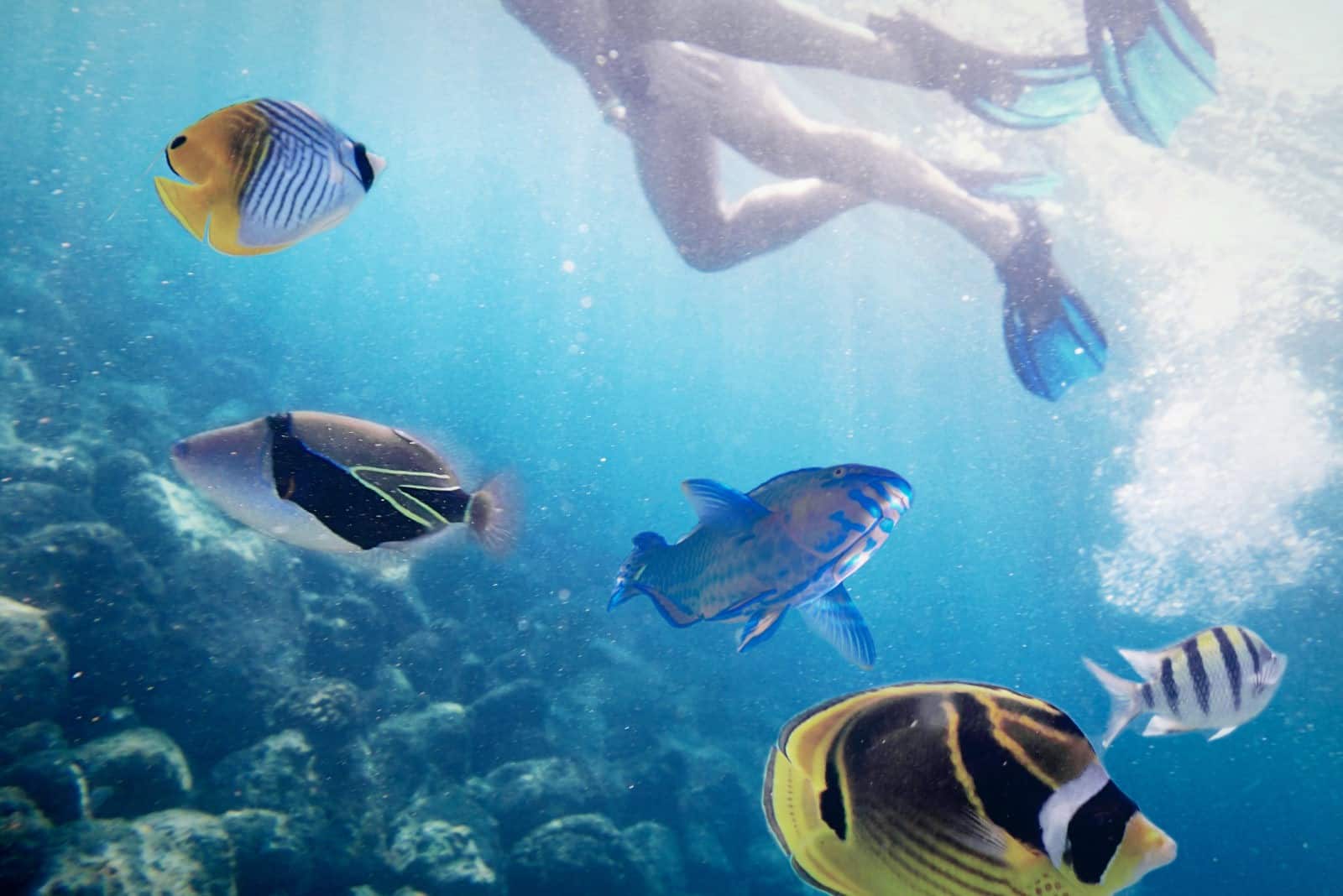World Ocean Day is an ideal time for parents and nannies to teach children environmental stewardship. As the dominant species on Earth, we all have an obligation to be good stewards to our planet by teaching children their role in protecting the environment. World Ocean Day is a great opportunity to teach children about the role of oceans in our everyday lives. From impacting our weather to producing the oxygen we breathe, our oceans play an important role in our lives. The ocean absorbs 50 times more carbon dioxide than the air and provides vital food, medicine, and energy.
Each year, we expose the world’s waterways to an increasing variety of pollutants — plastic debris, chemical runoff, crude oil and more. 80% of all pollution in the ocean comes from people on land as 8 million tons of plastic end up in the ocean each year. The 17.6 billion pounds of plastic in our oceans means there are more pieces of plastic in the ocean than there are fish. Although oil spills are devastating to wildlife, three times as much oil is carried out to sea by runoff from our roads, rivers, and drainpipes. It’s not too late to make a difference.
How Can We Help Our Oceans?
1. Reduce Plastic Use. Plastic kills more than 100,000 sea turtles and birds every year from ingestion and entanglement. Purchasing reusable straws, replacing plastic bags with reusable bags, and avoiding single-use plastic can make a big difference. Every little bit helps. If you are drinking from a single-use cup in a fast food restaurant, avoid putting on the plastic lid or using a plastic straw. Children learn through observation so it’s important to role model these desired behaviors. Teach children the habits of a sustainable lifestyle instead of a throw-away lifestyle to make a significant impact on how we use our natural resources.
2. Recycle Intelligently. Plastic takes thousands of years to decay and chemicals in plastic are released and contaminate the water. If the item can be recycled, ensure that it ends up in a recycle bin and not the trashcan. This can mean taking the item home if a recycle bin isn’t available. Know what can and can’t be recycled; greasy pizza boxes and some types of plastic can’t be recycled.
3. Volunteer. Plastic is so lightweight, it often blows out of car windows and the backs of trucks. It clutters around drains and enters streams and rivers, which eventually deposit the plastic into our oceans. If you live near a river or beach, organize a trash pick-up event. If you live inland, picking up trash from the side of the road, vacant lots, community parks, or similar places in your community can have a positive impact.
4. Consume sustainable seafood. Global fish populations are rapidly being depleted due to fishing demands, loss of habitat, and unsustainable fishing practices. Some marine fisheries have declined by 35% in the past 80 years causing significant disruption in fisheries worldwide. In 2016, 171 million tons of fish were taken from the sea, and that number is expected to rise to 201 million over the next 10 years. Making sustainable seafood choices is vital for our oceans to maintain their ecosystems. To learn more about which fish are sustainable seafood options, visit the Monterey Bay Aquarium Seafood Watch.
5. Be an Ocean Friendly Pet Owner. Pet waste can also reach the ocean through runoff and city drains. A single large dog’s waste contains up to 7.8 million fecal coliform bacteria. Multiply that by the estimated 73 million owned dogs in the United States, and the amount of toxic pollution is significant. This pollution is avoidable if dog owners properly dispose of the waste made by their dogs and cat owners ensure litter is deposited in the garbage, not flushed.
There is so much trash in the oceans, that giant garbage patches have formed. Garbage patches are large areas (up to 1.6 million square kilometers or double the size of Texas) where litter, fishing gear, and other debris collects due to ocean currents. There are currently 5 known garbage patches; the first was discovered in 1997. The Great Pacific Garbage Patch (GPGP) is the largest and is located halfway between Hawaii and California.
As stewards of our planet, we must take responsibility for keeping it clean and healthy. We should also teach our children how to make choices that help our environment, even when a bit of extra effort or a change of behavior is required. We all have the opportunity to make a difference. For additional information, visit the United Nations Ocean Day website. Nannies who want to learn more about child development and tips to provide better care for children can enroll in online nanny classes and certification programs.


Recent Comments